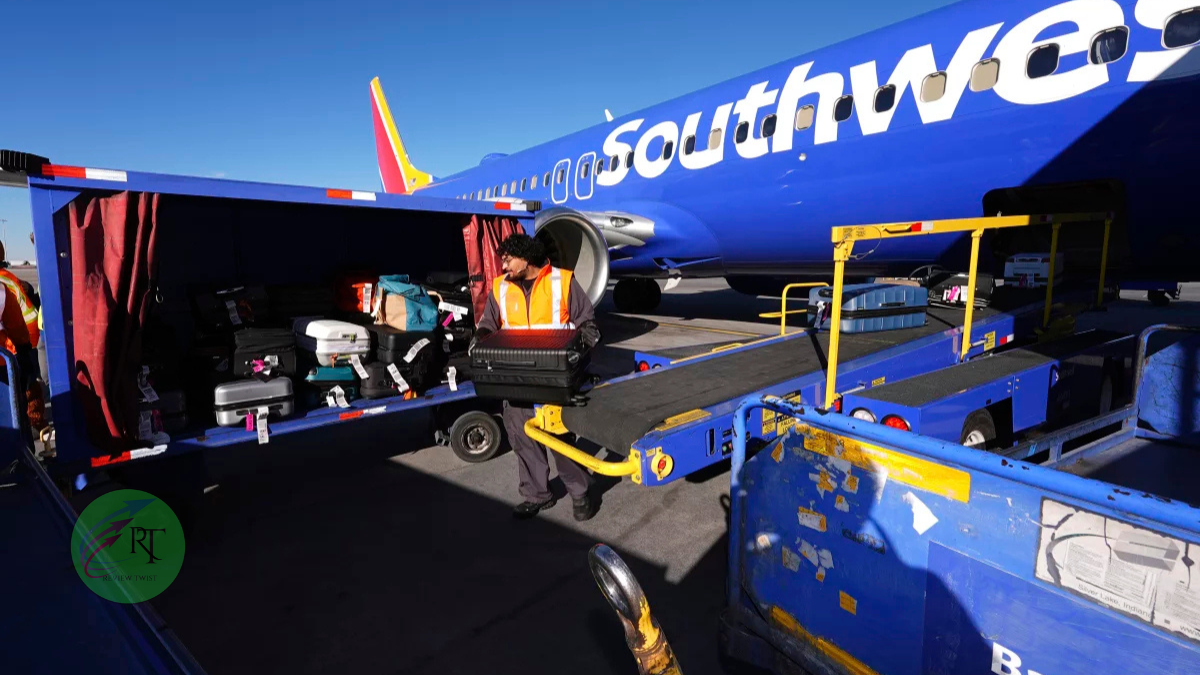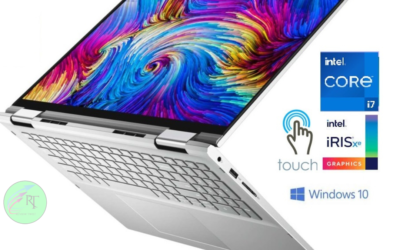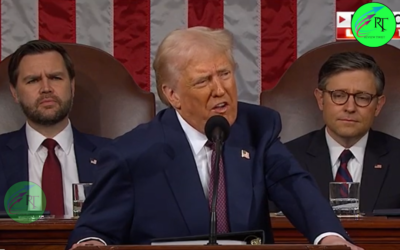Southwest Airlines’ Decision to End Free Checked Bags: A Game-Changer?

The era of “bags fly free” is officially over for Southwest Airlines, marking a major shift in one of the airline industry’s most distinctive customer perks. This decision comes as part of a broader strategy to align Southwest with its competitors and return to profitability. But how does this move impact travelers, the airline’s legendary reputation, and its position in an already competitive market?
Let’s unpack this significant change, its implications, and what it means for the future of Southwest Airlines.
The End of an Iconic Perk
The History of “Bags Fly Free”
For over 60 years, Southwest Airlines stood out in the industry by allowing travelers to check two bags for free. It wasn’t just a policy; it was a promise, deeply integrated into their Southwest baggage policy and their advertising campaigns.
This wasn’t a mere perk but a defining feature of the Southwest brand, making it a go-to choice for families, budget travelers, and loyal customers. Airlines like United, Delta, and American have long charged checked baggage fees, but Southwest Airlines checked bags remained a hallmark of their customer-centric approach.
The New Policy
Come May 28, Southwest checked bags will no longer be free for all passengers. Only Southwest credit card holders, Business Select passengers, and top-tier loyalty members will enjoy perks like one or two free checked bags. Other travelers will face Southwest baggage fees, and the actual charges for these fees remain undisclosed as of now.
This switch, coupled with other changes like assigned seating and red-eye flights, highlights how Southwest is gradually steering away from its budget-friendly, egalitarian roots.
The Customer Impact
Who Gains?
Business travelers and frequent flyers have reason to smile. Southwest Airlines baggage fees won’t affect the elite tiers of their loyalty program, and their decision to focus on premium segments aligns with their goal of boosting profitability by attracting higher-paying passengers.
For those already holding a Southwest credit card, one free checked bag remains an incentive. Additionally, families or frequent vacationers booking premium fares may find value in the proposed Southwest baggage policy changes, as select benefits are retained.
Who Loses?
The passengers hit hardest are budget-conscious travelers. They’ve long relied on Southwest Airlines free bags as a way to avoid the rising costs associated with flying. Families, in particular, will feel the pinch, as baggage fees for multiple family members could easily add hundreds of dollars to the cost of travel.
The immediate consequence may lead to resentment from Southwest’s core customer base, who will now likely be comparing Southwest not just on ticket price but total travel costs, including Southwest checked baggage fees.
Branding and Reputation
A Departure from Tradition
For decades, Southwest Airlines news was synonymous with innovation and customer-centric policies. Their open-seating model, no change fees, and “bags fly free” were emblematic of a brand that valued simplicity, affordability, and hospitality.
However, the decision to introduce checked baggage fees feels like the “slaying of a sacred cow,” as competitors have pointed out. The airline risks alienating longtime customers who associated Southwest baggage perks with fairness and value.
Coping with Competitor Pressure
Major competitors like Delta and American Airlines capitalize on premium services and first-class amenities to attract high-paying customers. By charging for Southwest checked bags, the airline is following a trend that prioritizes short-term profitability.
While these changes may boost their bottom line in the short term, the move pushes Southwest Airlines into a highly competitive space dominated by flagship carriers. Its most loyal customers, drawn to its unique and egalitarian model, may struggle to reconcile this change with the Southwest Airlines baggage fees now being introduced.
The Market and Financial Implications
Increased Revenue Potential
By ending Southwest free checked bag policies, the airline stands to gain significantly. Analysts predict the fees could generate millions in annual revenue. For perspective, in 2023, Southwest generated $73 million in baggage revenue without charging for the first two bags. Comparatively, American Airlines raked in $1.4 billion from similar fees.
With more passengers opting for premium services or paying for Southwest checked bag fees, the airline is poised for a significant revenue surge.
Stockholder Pressure
The influence of activist investor Elliott Investment Management looms large. Their $1.9 billion investment in Southwest Airlines stock has driven much of these changes, prioritizing shareholder value and profitability over customer satisfaction.
While the stock market responded positively, with Southwest stock prices jumping 6% following the announcement, the strategic pivot may erode the operational and branding advantages that have historically set Southwest apart.
Competitive Landscape
Opportunities for Rivals
Competitors have not hesitated to capitalize on Southwest Airlines changes. Delta and United executives openly view the new fees as an opportunity to attract former Southwest customers.
For years, Southwest Airlines free bags have been a key differentiator, especially among budget-conscious travelers. Now, those same travelers may find comparable ticket prices or services among Southwest’s rivals.
Southwest’s Next Steps
To retain loyal customers, Southwest Airlines must balance these revenue-rich changes with actions that reinstate customer trust. Possible strategies might include offering loyalty perks, discounted fees for frequent flyers, or enhanced transparency regarding Southwest checked baggage fees.
Is Southwest Airlines Losing Its Identity?
The heart of the debate revolves around what Southwest Airlines wants to stand for in 2025 and beyond. Their swift pivot to align with traditional carriers raises concerns about whether the airline is abandoning the very values that once made it unique.
Changes like assigned seating, premium options, and the end of Southwest free bags indicate a shift toward a profit-first mindset. However, Southwest Airlines stock prices and short-term revenue gains may falter if alienated customers turn to competitors.
Opinion and Closing Thoughts
Southwest Airlines’ baggage fees have sparked controversy and disappointment among its loyal customers. For decades, Southwest has stood as a rare outlier in the aviation industry, valuing customer experience over upselling every perk.
While the decision appears to be a financial win for Southwest Airlines stockholders, its impact on customer loyalty and long-term reputation may take years to fully play out. The challenge for the airline is clear: they must find ways to preserve the trust of their customer base while adapting to the realities of modern airline profitability.
Whether through balancing costs, sweetening loyalty rewards, or rethinking the value of “bags fly free,” Southwest Airlines will need to tread carefully as it ventures into a new chapter of its history.
For travelers, the new Southwest Airlines checked bags policy is a reminder that loyalty has its limits, and it’s worth reassessing all options before booking your next flight.





